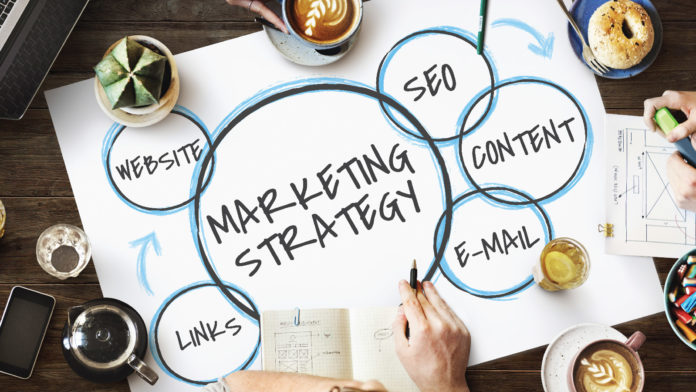As personalization becomes the secret sauce that adds all the value to marketing strategies, is all well with the budgets? Are companies truly able to derive the benefit that this strategy offers?
Customer experience is evolving with the rise in AI and ML usage
It should be common sense that personalized marketing will pick up more trust and hence loyal customers than any other outreach. It’s obvious that everyone appreciates a product that has been pitched to their particular preferences and hence meets their needs. In fact, marketers are taking it very seriously indeed, and if the results of a recent survey by Merkle are to be believed, of the 200 marketers they spoke to, 86% claimed to have budgets defined for personalized messaging initiatives. More than 80% had implemented customized martech solutions to ensure personalization. Almost 90% were clear that they had adequate “organizational structure” which was the basic requirement for the successful execution of personalized multi-channel marketing plans.
These efforts are all based on a firm belief that customers are bets reached through personalized marketing messages. The report by Merkle proved this belief, stating that “retailers using advanced personalization messaging tactics drove 17% higher revenue than retailers relying on “more basic” efforts”.
But is this a long-lasting strategy? Apparently not, as Gartner predicts that by 2025, four-fifths of these marketers who have invested in personalization technologies and initiatives will drop their personalization efforts. The reason seems very straight forward. A strategy is considered successful only so long as it provides sufficient and impressive RoI. If that is not forthcoming, the future of a strategy is always in jeopardy.
The other factor could be a large number of hurdles faced while trying to manage the customer data that is so vital to power effective personalization initiatives — or both. Gartner’s report is very forthcoming, “Technology makes up 44% of marketing spend on personalization and despite the investment in tools, and 26% of marketers polled cite technology as a key obstacle to personalization.”
4 Ways Marketers Can Bring Human Touch to B2B Marketing
Clearly more than a fourth of all the marketers sees technology more as a problem while implementing personalization programs. One of the biggest reasons for this could be the inability to handle, structure and analyze customer data appropriately. It could be a technology challenge but more often than not it was about proper planning and data strategy. Most companies do not even seem to know accurately where their customer data is stored, or their utility. Linking the data together is a challenge too, and so is connecting the customer dots to achieve a personalized message. The humongous volumes of data generated are not easy to handle, and also, it is not easy to roll out comprehensive, integrated personalization efforts that are based on insights from this data.
Forrester has dug deep into the martech required for an accurate personalized marketing message and revealed that businesses need on average, 17 different technology applications through an average of 28 different data sources to be in a position to use the data for generating insights.
Mapping the digital Marketing Budget for Hospitality Industry, 2020
To measure the impact of a personalized strategy, companies need to have clarity on how it is best done, so it accurately assesses the business benefits. Clearly, the focus cannot be campaign performance, but more the revenue and business impact, that can be considered a measure of the effectiveness of a personalization strategy.







